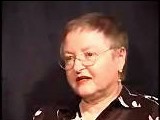You searched for: ������������������������������wjechac���aptao168���play
<< Previous | Displaying results 91-100 of 284 for "������������������������������wjechac���aptao168���play" | Next >>
-
Tuvia Bielski
ArticleRead the Jewish Partisan Educational Foundation's short biography of Tuvia Bielski.
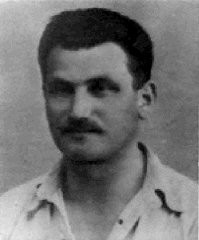
-
Solomon Lapidus
ArticleRead the Jewish Partisan Educational Foundation's short biography of Solomon Lapidus.
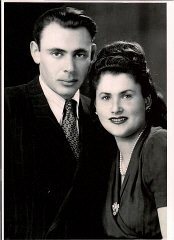
-
Rejoice, Make Merry, Children
SongMordecai Gebirtig, born in 1877 in Krakow, Poland, was a Yiddish folk poet and songwriter. Gebirtig had three daughters, for whom he wrote and performed his poems. The words were set to improvised melodies, and most of his songs resemble entries in a diary. Many of Gebirtig's poems contain themes of eastern European Jewish life in the 1920s and 1930s. The lyrics to "Rejoice, Make Merry, Children" contain a springtime motif that recurred in other Gebirtig works. In the lyrics, an elderly narrator urges…
-
Lithuania
ArticleAs part of the Holocaust, the Germans murdered about 90% of Jews in Lithuania. Read more about the tragic experience of Lithuanian Jews during World War II.
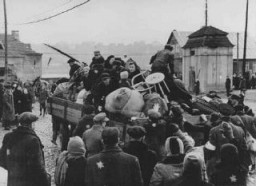
-
Deceiving the Public
ArticleThe Nazis frequently used propaganda to disguise their political aims and deceive the German and international public. Learn more.
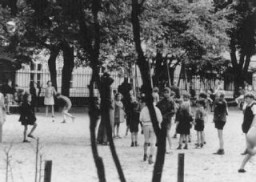
-
Mass Shootings of Jews during the Holocaust
ArticleAlmost one third of the six million Holocaust victims were murdered in mass shootings.
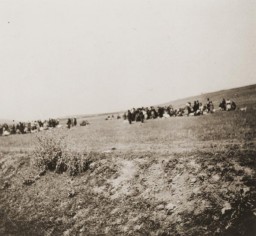
-
Ruth Berkowicz Segal describes journey to and arrival in Japan
Oral HistoryWhen German forces invaded Poland in September 1939, Ruth's father fled to eastern Poland. Upon the Soviet occupation of eastern Poland, he fled to Lithuania. Ruth left Warsaw with two friends to find her father and later joined him in Vilna. After Soviet forces occupied Lithuania, Ruth and her father obtained transit visas for Japan, but only Ruth obtained a Soviet exit visa. Her father insisted she leave and not wait for him. Ruth traveled by the Trans-Siberian Railroad across the Soviet Union to…
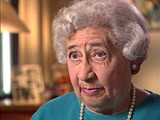
-
Walter Meyer describes activities of members of the Edelweiss Pirates in Duesseldorf, Germany
Oral HistoryWalter was born in Kassel, north central Germany, but grew up in the Rhineland. As a youth, Walter questioned the German superiority and antisemitism he was taught. His father, an anti-Nazi, refused to allow Walter to enter one of the Adolf Hitler Schools, but did permit him to join the Hitler Youth. However, Walter's rebellious streak led him to hide a Jewish friend in his basement. He also formed a gang that played pranks on young Nazis and helped French prisoners of war. They called themselves Edelweiss…
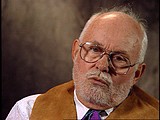
-
Thomas Buergenthal discusses whether it is ever too late to seek justice
Oral HistoryJudge Thomas Buergenthal was one of the youngest survivors of the Auschwitz and Sachsenhausen concentration camps. He immigrated to the United States at the age of 17. Judge Buergenthal devoted his life to international and human rights law. He served as chairman of the United States Holocaust Memorial Museum’s Committee on Conscience; was named the Lobingier Professor of Comparative Law and Jurisprudence at the George Washington University Law School; and served for a decade as the American judge at…
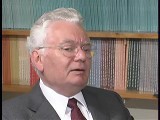
-
Sophie Turner-Zaretsky describes how her teddy bear came into her possession
Oral HistorySophie was born Selma Schwarzwald to parents Daniel and Laura in the industrial city of Lvov, two years before Germany invaded Poland. Daniel was a successful businessman who exported timber and Laura had studied economics. The Germans occupied Lvov in 1941. After her father's disappearance on her fifth birthday in 1941, Sophie and her mother procured false names and papers and moved to a small town called Busko-Zdroj. They became practicing Catholics to hide their identities. Sophie gradually forgot that…
